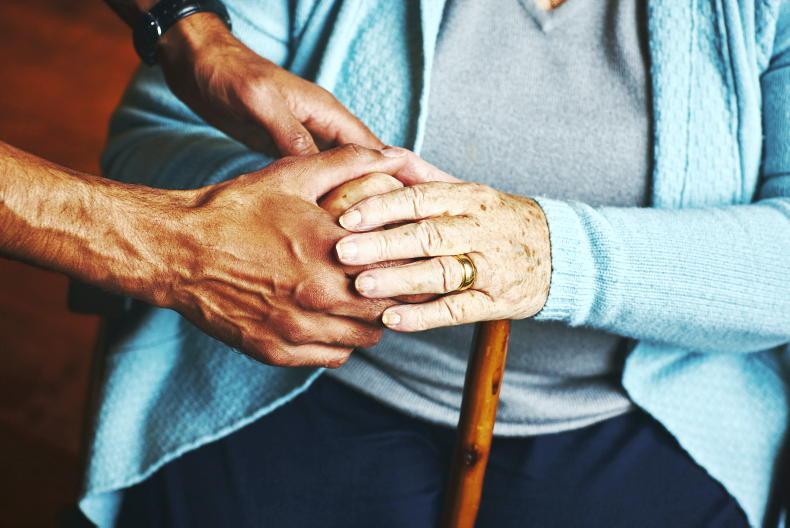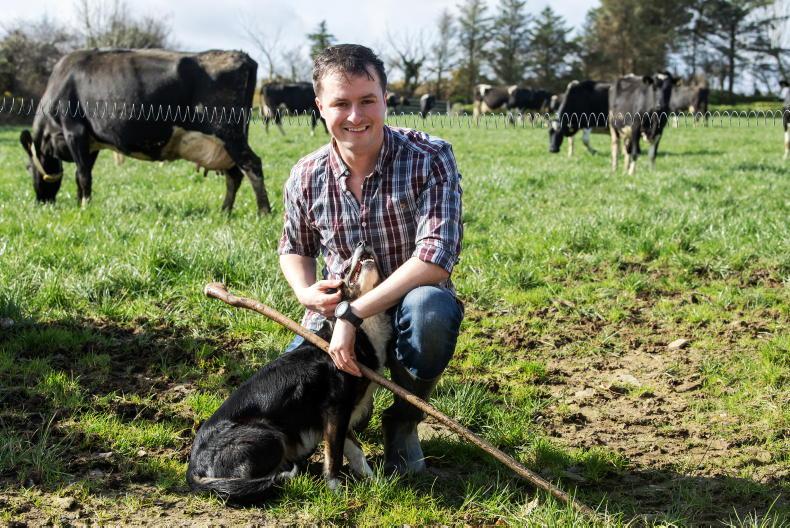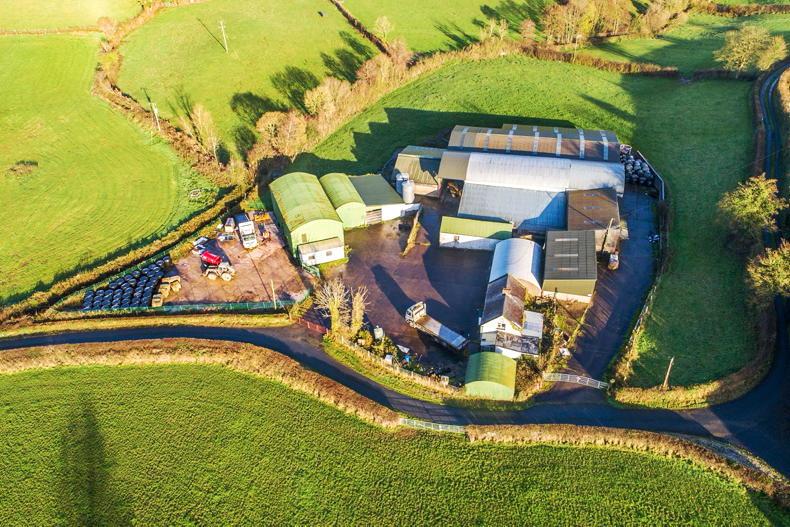According to the Oxford Dictionary ageism “is a prejudice and discrimination on the grounds of a person’s age”. Unfortunately with ever-advancing modern technology ageism seems to be accelerating and seeping into every pocket of rural Ireland. Where sexism and racism have been outlawed as politically incorrect, that other “ism” has been accepted as a fragment of human life.
As soon as we crawl from our cribs to the time we shuffle towards the dusk, we all accept ageing as part of life’s process. We rise, we fall, we fulfil, our lives become more distinct and our distinction lines become more defined! But we accept ageing, so why should we accept ageism?
A recent report from the World Health Organization (WHO) calls for urgent action to combat ageism by implementing new policies and laws and to implement educational activities to dispel ancient misconceptions.
Because ageism leads to social isolation and poorer health, it’s costing economies millions. When COVID-19 struck last year, “cocooning” became a daily mantra from government advisers.
The grim reality is cocooning had long become a way of life in certain rural areas.
In WB Yeats’s classic poem Sailing to Byzantium the poet agonises over the hopelessness of growing old. He says this is “no country for old men... An aged man is but a paltry thing, a tattered coat upon a stick”. He longs to be sailing to Byzantium where he can undergo a more vibrant spiritual journey and cast away the shackles of old age. While we can all yearn to sail to Byzantium or excavate a golden ticket to somewhere like Tír na nOg, the reality is the shutters will come down eventually.
While it’s difficult to prepare for such eventualities we can all play a part to eradicate the stereotyping of our elder brethren. It’s easy to forget that they were once, vibrant, agile and independent.
Making a simple connection like a smile or calling to an elderly neighbour for a chat can help emotionally roll back the years.
While on a recent visit to an elderly neighbour we lightly touched on the topic of growing old. After being swamped with affectionate licks from his faithful Collie, I gingerly sat down on the couch. And in a deftness that defied his years, he had tea thrust in front of me before I could gather breath. As I sipped the tea, I supped his wisdom as he proceeded to regale me with tales of yesteryear, feats of strength in the hayfields, long hot summers and a feeling of invincibility that old age was in the distant future and was like a distant land, or even an old aunt who had long been banished and would never visit.
“But it’s here,” he said, “it visits me every day and it won’t go away.” He shrugged as if trying to shake away the shackles of time but it just propels on ruthlessly, dispensing with the facts that older people have made a difference and still do. They vividly splash the landscape with their vigour and energy in their youth, they desperately cling onto it in their later years and succumb and fall and ultimately became part of the landscape themselves when Father Time calls them ashore.
The Central Statistics Office estimates that there will be 1.5 million people aged over 65 in Ireland when we stumble to the year 2051. And the other scary statistic is that ageism is the only form of prejudice that will sink its gnarled claws into all of us... if we live long enough.
Offaly farmer and sometime-scriber Cormac Troy continues his musings on topical themes with a sprinkle of dark humour thrown into the mix.










SHARING OPTIONS